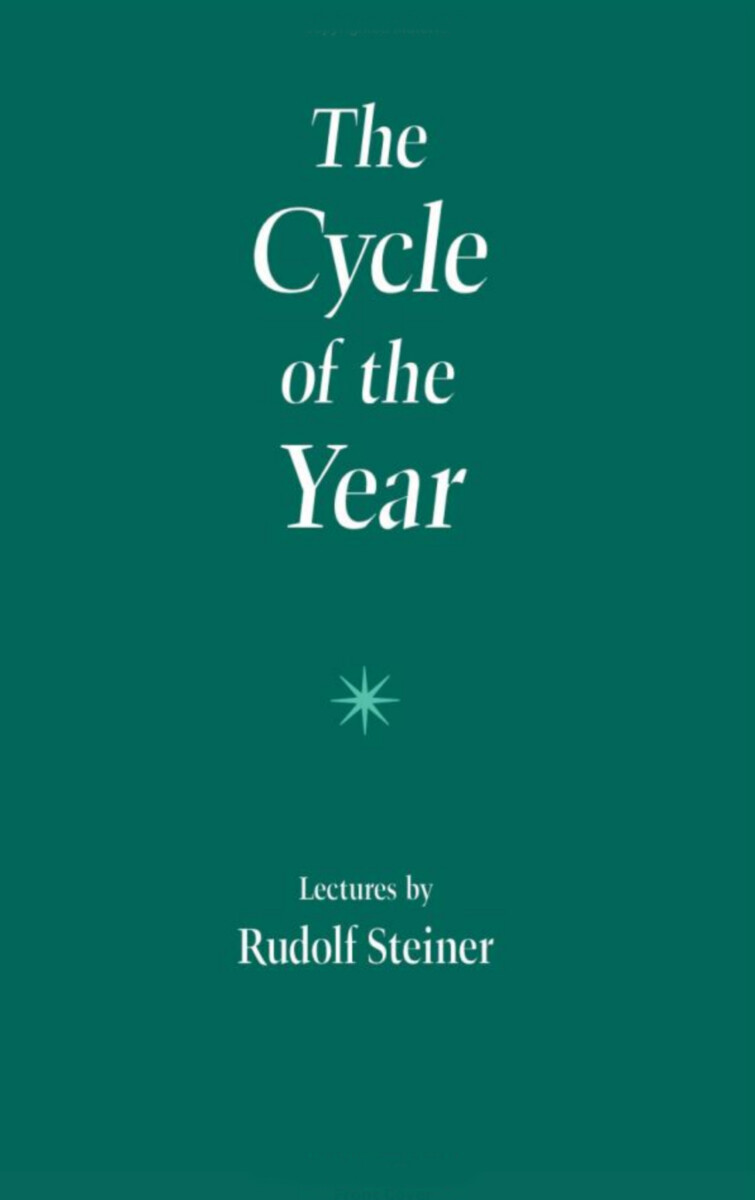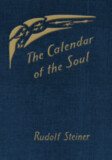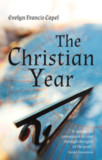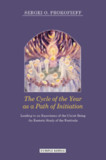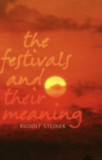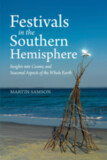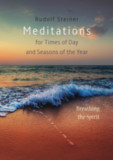The Cycle of the Year
as Breathing Process of the Earth (CW 223)
- Publisher
SteinerBooks - Published
1st May 1984 - ISBN 9780880100816
- Language English
- Pages 110 pp.
5 lectures, Dornach, March 31 – April 8, 1923 (CW 223)
"Human beings must attain an esoteric maturity in order to think not merely abstractly, but to be able to think so concretely that they can again become festival-creating. Then it will be possible again to unite something spiritual with the cycle of sense phenomena." —Rudolf Steiner
These five lectures were given at Easter, 1923. Rudolf Steiner, in a fully conscious way, laid a foundation for celebrating the Christian festivals—Christmas, Easter, St. John's, and Michaelmas. This is begun with a description of how the festival year evolved over long ages from the Earth's cycle of inbreathing and outbreathing. These forces are the Earth's soul activities in relation to the cosmos.
Rudolf Steiner reveals the deep relationship between humanity and the seasons of the Earth, the solstices, and the equinoxes. And through the festivals of the seasons, he reveals humanity's relationship to the Christ Being The esoteric realities behind the festivals are also discussed in relation to sub-earthly and supra-earthly forces, the ancient Mysteries, the activity of the Archangel Michael, morality, and the arts.
This book is a translation from German of Der Jahreskreislauf als Atmungsvorgang der Erde und die vier großen Festeszeiten. Die Anthroposophie und das menschliche Gemüt (GA 223).
Rudolf Steiner
Rudolf Steiner (b. Rudolf Joseph Lorenz Steiner, 1861–1925) was born in the small village of Kraljevec, Austro-Hungarian Empire (now in Croatia), where he grew up. As a young man, he lived in Weimar and Berlin, where he became a well-published scientific, literary, and philosophical scholar, known especially for his work with Goethe’s scientific writings. Steiner termed his spiritual philosophy anthroposophy, meaning “wisdom of the human being.” As an exceptionally developed seer, he based his work on direct knowledge and perception of spiritual dimensions. He initiated a modern, universal “spiritual science” that is accessible to anyone willing to exercise clear and unbiased thinking. From his spiritual investigations, Steiner provided suggestions for the renewal of numerous activities, including education (general and for special needs), agriculture, medicine, economics, architecture, science, philosophy, Christianity, and the arts. There are currently thousands of schools, clinics, farms, and initiatives in other fields that involve practical work based on the principles Steiner developed. His many published works feature his research into the spiritual nature of human beings, the evolution of the world and humanity, and methods for personal development. He wrote some thirty books and delivered more than six thousand lectures throughout much of Europe. In 1924, Steiner founded the General Anthroposophical Society, which today has branches around the world.


